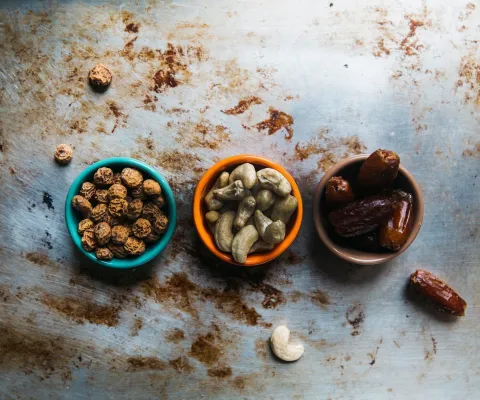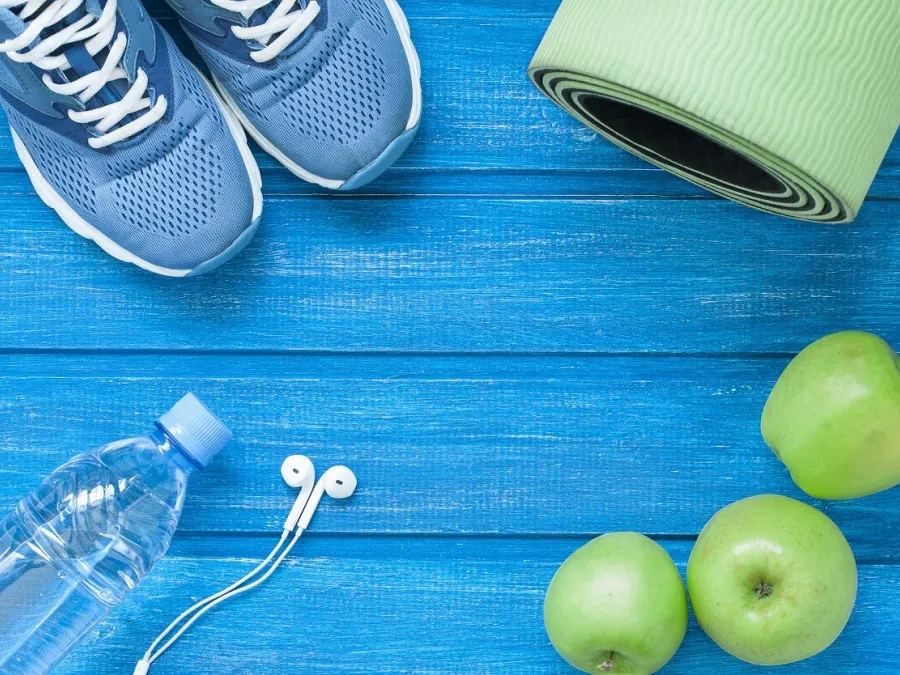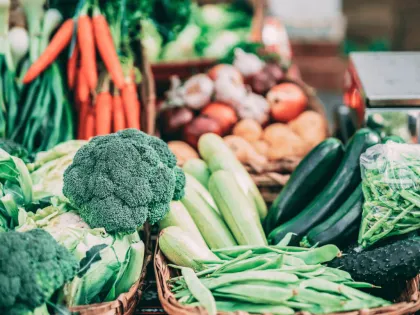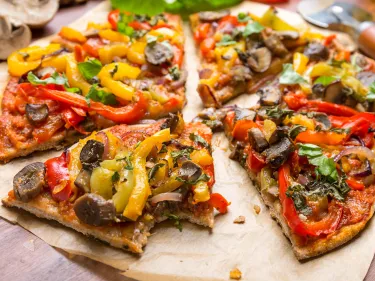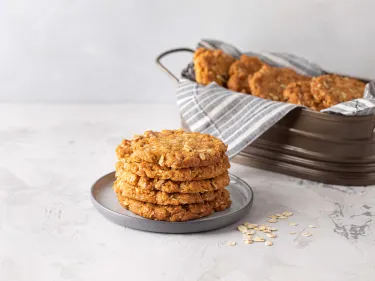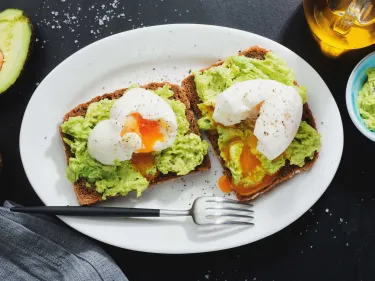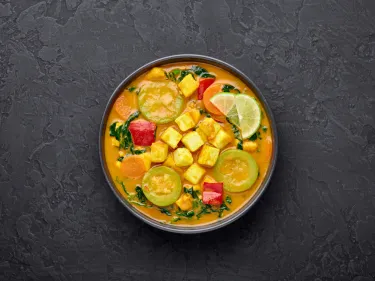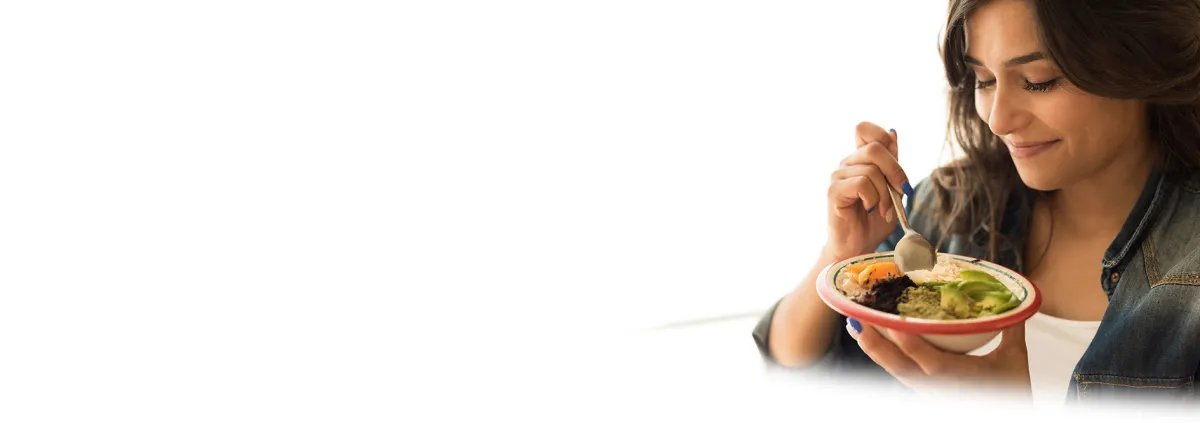Just as a car runs best with a full tank of petrol, your body needs the right kind of fuel from food and drink. Having a fatty burger just before exercise is like putting diesel in your petrol car. It is important to optimise your diet to include a balance of carbohydrates, proteins, fats, minerals, vitamins, and water will give your body what it needs for peak performance.
How long should I eat before exercise?
Generally, most people tolerate their last main meal around 2-4 hours prior to exercise. There’s also the option of adding in a small snack in the 1-2 hours before exercise for a final top up of fuel stores.
What should I eat before exercise?
There is no one “best” meal or snack to eat prior to exercise. Your individual goals, requirements and type of activity need to be factored in when creating a pre-exercise nutrition plan.
To optimise performance it is generally recommended to choose a meal or snack which are:
- Rich in carbohydrates to prime energy stores
- Familiar – practice your nutrition plan in training and see how you respond to those foods. Trying new foods on the day of an event can lead to stomach upset.
- Easy to digest – avoid high fat foods as these are slow to digest
Some example pre-exercise meal or snack options include:
- Beans on toast
- Oats with chopped fruit and yoghurt
- Fruit smoothie
- Raisin toast with jam
- Small bowl of pasta with tomato based sauce
How much should I drink before exercise?
This largely depends on the individual needs of the athlete as well as other factors including temperature, humidity, altitude, age, gender, height, and weight.
Generally, drinking around 10ml per kg of body weight two hours before exercise should be sufficient to promote adequate hydration and allow time for excretion of excess ingested water.
One of the best ways to see if you’re drinking enough water is from the colour of your urine. Aim for pale-yellow straw coloured pee which is usually a sign of adequate hydration. Very dark yellow pee usually means you are a bit dehydrated and need to drink more water.
If you would like more information on creating an adequate pre-exercise nutrition plan that is tailored to your training schedule see an Accredited Sports Dietitian.
Want to know what you should eat after exercise? We've got you covered, read about it here.
